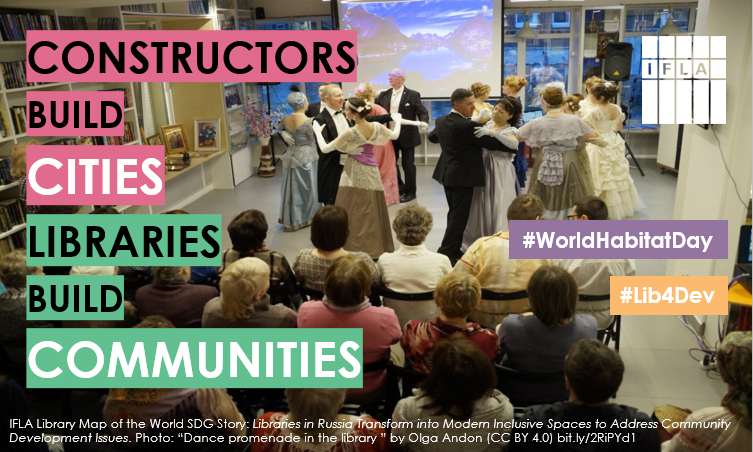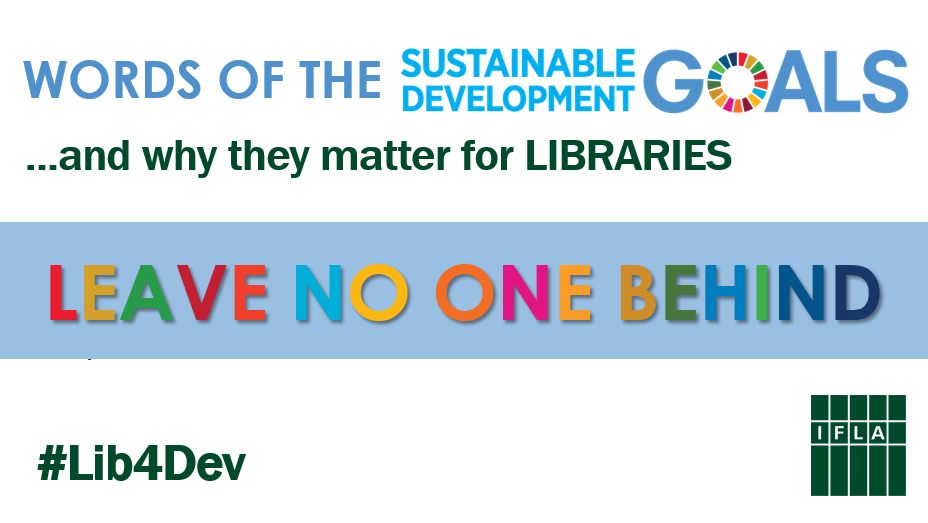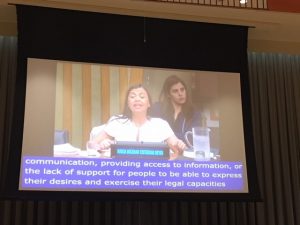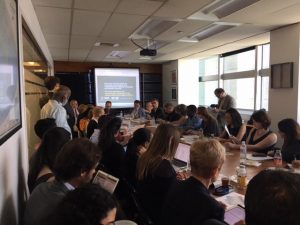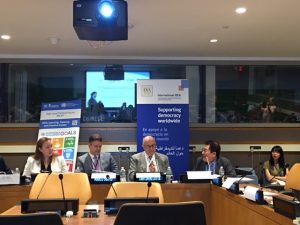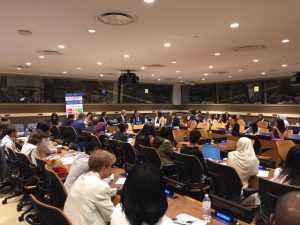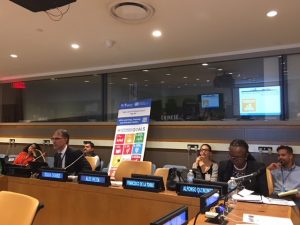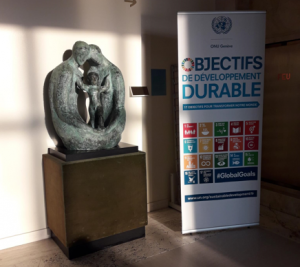
Services to children already represent an important part of the work of libraries.
Through spaces that provide comfort and security, services that develop literacy and a love of reading, and collections that open minds and horizons, they are key reference points in the lives of many children.
But, arguably, they are also associated with human rights.
The Convention on the Rights of the Child, signed 19 years ago today, is a landmark document, developing the ideas already present in the Universal Declaration of Human Rights. This blog explores some of the key points in this document, and how they apply to libraries.
Children’s Rights are Human Rights
Much of the Convention is familiar. There is affirmation of the right to freedom from violence or cruel treatment, or to medical care.
In particular, the Convention underlines some of the key points from the Universal Declaration – freedom of expression and to ‘seek, receive and impart information’ (Article 13), the right to a private life (Article 16), the right to education (Article 28).
But it goes further on some points. For example Article 17 stresses that children should have ‘access to information and material from a diversity of national and international sources, especially those aimed at the promotion of his or her social, spiritual and moral well-being and physical and mental health’.
Governments are then requested to promote children’s books and programming, with a focus on the importance of access to a variety of sources, notably in the case of children from minority groups.
On education (Article 28), there is also a command to ‘promote and encourage international cooperation in matters relating to education, in particular with a view to contributing to the elimination of ignorance and illiteracy throughout the world and facilitating access to scientific and technical knowledge and modern teaching methods’.
A Right to a Library?
While there is no explicit reference to libraries in the text, the contribution they can make is clear.
Accessing information through a choice of media is exactly what libraries – almost uniquely – do, and on a basis that includes everyone.
Libraries’ commitment to providing diverse collections responding to user needs come into focus in the obligation of states to provide access to a diversity of sources. And thanks to the work of librarians, materials acquired can be checked, and quality for young people ensured.
And of course through promoting international exchange and the development of new ideas, libraries allow for the flow of information and innovations which raise standards and improve services globally.
And, crucially, by being a free and welcoming space, they ensure that the realisation of these rights is not the privilege of the wealthy. This is a key issue – the group most at risk of poverty in the United States for example are young single parent families. There are similar statistics in the United Kingdom too for example.
In short, while libraries may not be mentioned in the Convention, it is difficult to imagine how it can be delivered without them.
Fortunately, IFLA’s sections are already on the case.
IFLA’s Literacy and Reading Section promotes the right to read. There are guidelines on school libraries, and ones on services to babies and toddlers, children’s library services, and for library-based literacy programmes.
And whole satellite event at IFLA’s most recent World Library and Information Congress focused in particular on providing inclusive services to children and young adults.
As we approach the 20th Anniversary of the Convention on the Rights of the Child next year, it’s clear that libraries – and IFLA – will continue to do their best to promote the rights of all of their uses.
